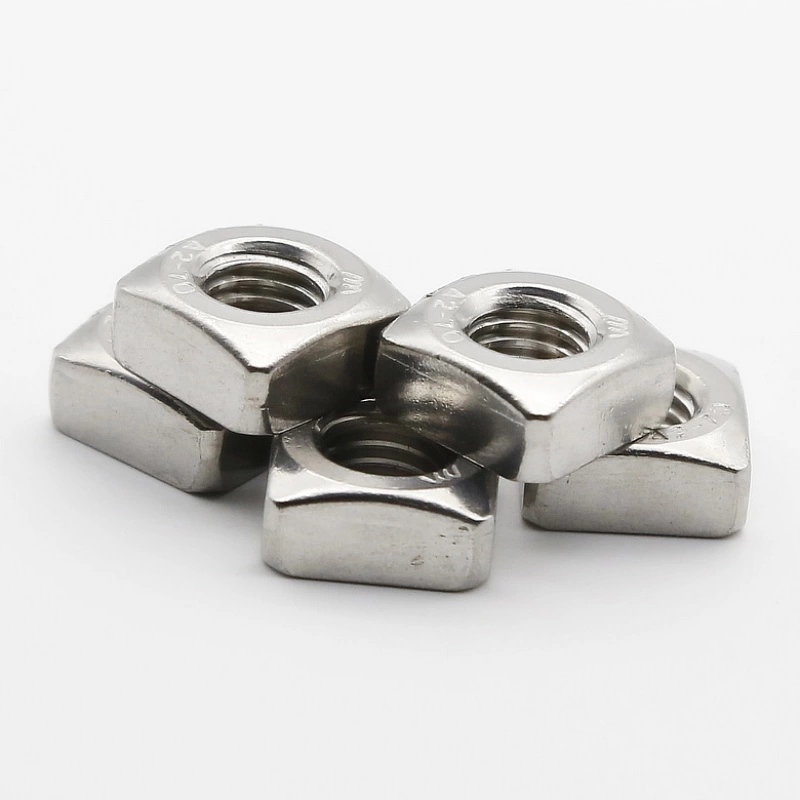

fastener
Kas . 18, 2024 04:42 Back to list
fastener
The Importance of Fasteners in Construction and Manufacturing
Fasteners are essential components in construction and manufacturing industries, serving as the unseen heroes that hold structures and products together. Despite their seemingly simple function, the role of fasteners extends far beyond merely connecting two parts; they ensure the integrity, durability, and safety of the assembled products. From homes and bridges to automobiles and electronics, fasteners are ubiquitous in our daily lives.
At the most basic level, fasteners include screws, bolts, nuts, washers, and rivets, each designed for specific applications. Screws are often employed in woodworking and metalworking due to their ability to provide strong, reliable connections. Bolts, accompanied by nuts and washers, are widely used in heavy construction and machinery, thanks to their strength and ability to withstand significant loads. Rivets are often found in metal fabrication and are critical in aircraft assembly, offering permanent connections that can withstand extreme conditions.
The material of the fastener is crucial, as it directly impacts strength, corrosion resistance, and overall performance. Common materials include stainless steel, carbon steel, brass, and plastic. Stainless steel fasteners, for example, are favored for their corrosion resistance, making them ideal for outdoor applications or harsh environments. On the other hand, carbon steel fasteners are preferred for their strength and cost-effectiveness in non-corrosive applications. As industries evolve, so too does the demand for advanced materials, leading to the development of specialty fasteners made from alloys or coated to enhance performance.
fastener

Fasteners also play a vital role in assembly processes. With the rapid advancement of technology and automation in manufacturing, the precision and efficiency of fasteners have become increasingly important. Automated fastening systems are now common in production lines, ensuring that fasteners are applied correctly and consistently, which reduces the likelihood of errors and increases overall productivity. This shift towards automation has led to innovations in fastener design, such as self-tapping screws and snap-fit fasteners that simplify assembly and minimize labor costs.
In addition to their functional roles, fasteners contribute to the aesthetics of a finished product. Designers often consider visible fasteners as part of the overall aesthetic appeal, leading to the development of decorative fasteners that enhance rather than detract from a product's appearance. From sleek, flush-mounted screws to artistic rivets, fasteners can complement the design language of various products.
Moreover, the significance of fasteners cannot be overlooked when it comes to safety. In critical applications, such as aerospace or automotive engineering, the failure of a fastener can have catastrophic consequences. Industry standards and regulations dictate rigorous testing and quality control measures for fasteners used in these sectors, ensuring that they can withstand the stresses and strains they will encounter in service.
In conclusion, fasteners may be small, but their impact on construction, manufacturing, and everyday life is enormous. As industries continue to innovate and evolve, the role of fasteners will adapt to meet new challenges and demands. Understanding the importance of these components can lead to better design choices, improved safety, and enhanced performance in various applications. As we move forward into a more technologically advanced future, the humble fastener will remain a foundational element in building a better world.
Latest news
-
Hot Dip Galvanized Bolts-About LongZe|High Strength, Corrosion Resistance
NewsJul.30,2025
-
High-Strength Hot Dip Galvanized Bolts - Hebei Longze | Corrosion Resistance, Customization
NewsJul.30,2025
-
Hot Dip Galvanized Bolts-Hebei Longze|Corrosion Resistance&High Strength
NewsJul.30,2025
-
High-Strength Hot-Dip Galvanized Bolts-Hebei Longze|Corrosion Resistance&High Strength
NewsJul.30,2025
-
Hot Dip Galvanized Bolts-Hebei Longze|Corrosion Resistance&High Strength
NewsJul.30,2025
-
Hot Dip Galvanized Bolts - Hebei Longze | Corrosion Resistance, High Strength
NewsJul.30,2025

